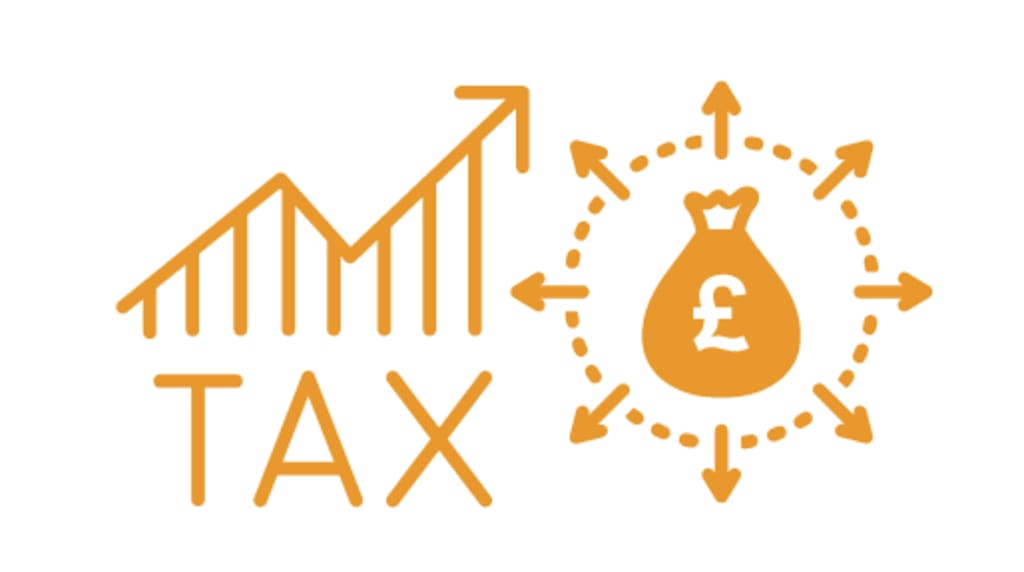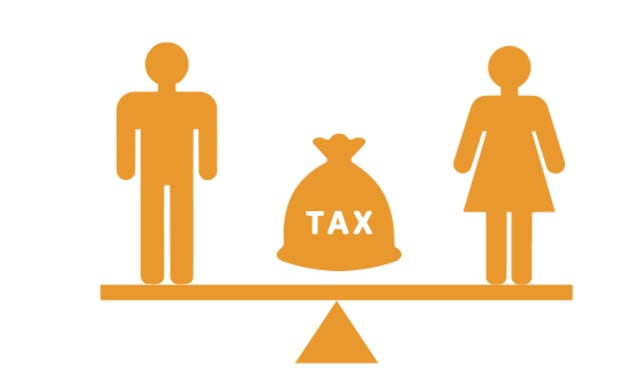
In a strict budget plan released on Thursday, British Finance Minister Jeremy Hunt outlined a number of tax increases and a more austere approach to public expenditure.
Here are a few of the modifications:
INCOME TAX
Instead of paying 150,000 pounds in taxes earlier, the highest-earning Britons would now pay the top 45% rate of tax on income beyond 125,140 pounds. Prime Minister Liz Truss's previous administration attempted to completely eliminate the top rate.
The amount of income over which persons pay a higher rate of income tax will also be frozen by the government until April 2028.
The currently six-year threshold freeze, according to the Office for Budget Responsibility, will result in 3.2 million more people being subject to income tax and 2.6 million more being higher rate taxpayers.
Hunt promised to reduce the amount of dividends shareholders can receive from the current level of 2,000 pounds ($2,366) to 1,000 pounds in 2019 and 500 pounds starting in 2024.
Hunt indicated that starting in April 2025, electric vehicles would no longer be exempt from vehicle taxes because they are becoming more prevalent.
TAX ON BUSINESS
From January of next year until March of 2028, Britain will hike its tax on energy business profits from 25% to 35%. In order to target the profits made by low-carbon producers, Hunt also unveiled a new, temporary 45% tax on electricity generators. According to Hunt, these adjustments will generate 14 billion pounds in revenue in 2019.
Until April 2028, Hunt frozen the amount that employers must contribute to social security, or national insurance.
In order to ensure that the tax accurately represents the value of assets, Hunt stated that he would reduce the business rates tax on corporate properties starting in April.
OFFICIAL SPENDING
According to Hunt, public spending would increase but more slowly than the economy.
Hunt stated that existing increases slated for departmental budgets will be protected in cash terms until 2024/25, which would represent a significant real-terms drop given the high rate of inflation. After that, he predicted that resource consumption would increase by 1% annually in real terms for the subsequent three years.
Over the next five years, actual spending on public services will increase overall.
However, Hunt's announcement of an additional 2.3 billion pounds per year investment in schools for the following two years will benefit education, health, and social care.
He promised to provide an additional 3.3 billion pounds to the National Health Service's budget each of the following two years. He also promised to enhance funding for the social care sector by up to 2.8 billion pounds the following year and 4.7 billion pounds the year after.
Hunt declared he would maintain the so-called "triple lock," which ensures the state pension will rise by the greater of inflation, average wages, or 2.5%.
The picture is remains gloomy, according to a Treasury source, despite the markets' recent relative quiet. Britain is in the midst of an economic crisis and must close a significant fiscal gap.
"People shouldn't undervalue the scope of this problem or how difficult the choices will be. Governments that ignore this truth have already had disastrous results.
Following then-chancellor Kwasi Kwarteng's mini-budget, government borrowing costs increased, causing sterling to drop to a record low versus the dollar last month.
When Mr. Kwarteng promised significant tax cuts without outlining how they would be paid for, the financial markets went into meltdown.
But since the mini-budget, the cost of borrowing money from the government has returned to where it was. After Mr. Sunak was elected prime minister and while the dollar declined, the pound also increased.
In his first speech as prime minister on Tuesday, Mr. Sunak promised to "correct" the errors committed by his predecessor.
The prime minister declared that "economic stability and confidence" would be the top priorities for his administration, and he pledged to act with compassion when "tough decisions" needed to be made.
Almost all of the tax cuts announced by Mr. Kwarteng's predecessor have already been abandoned by Mr. Hunt, who took over as chancellor after Ms. Truss fired Mr. Kwarteng.
But in order to keep the UK's debt under control, he still needs to find billions of pounds in cuts.
About the Creator
Harry
Professional Charted accountant in UK





Comments
There are no comments for this story
Be the first to respond and start the conversation.